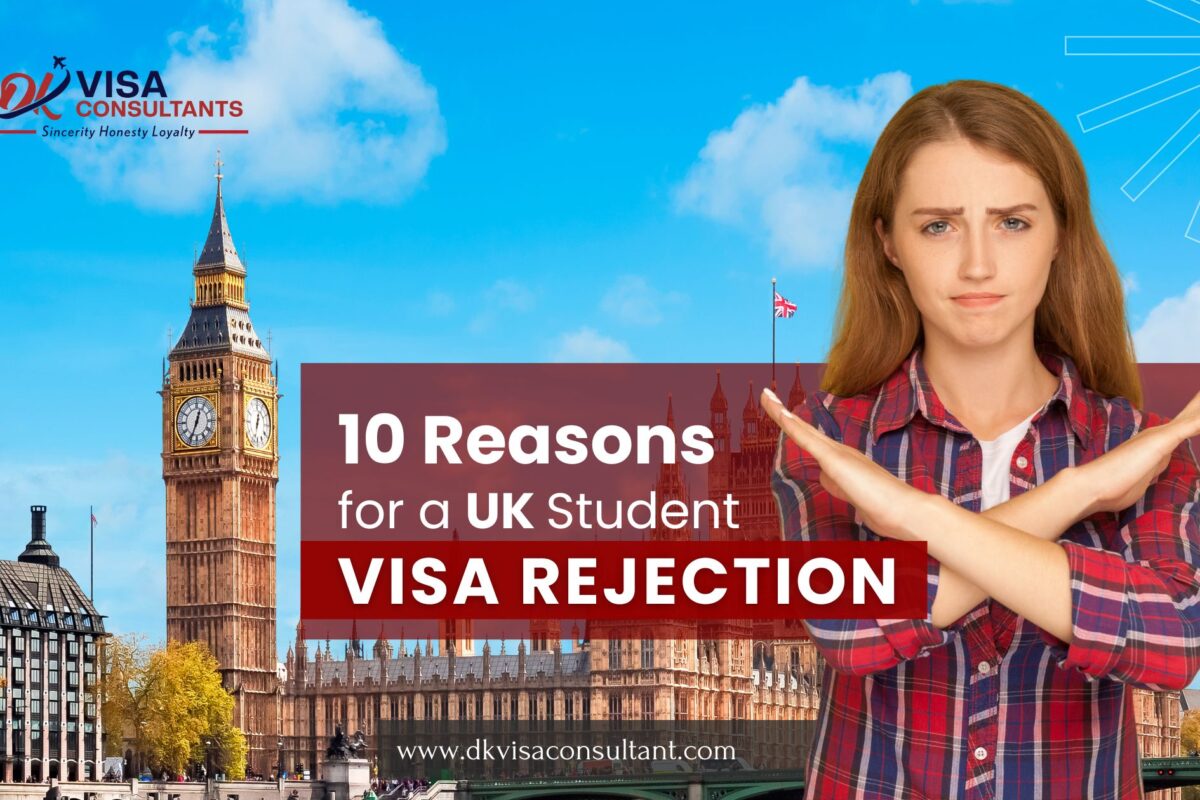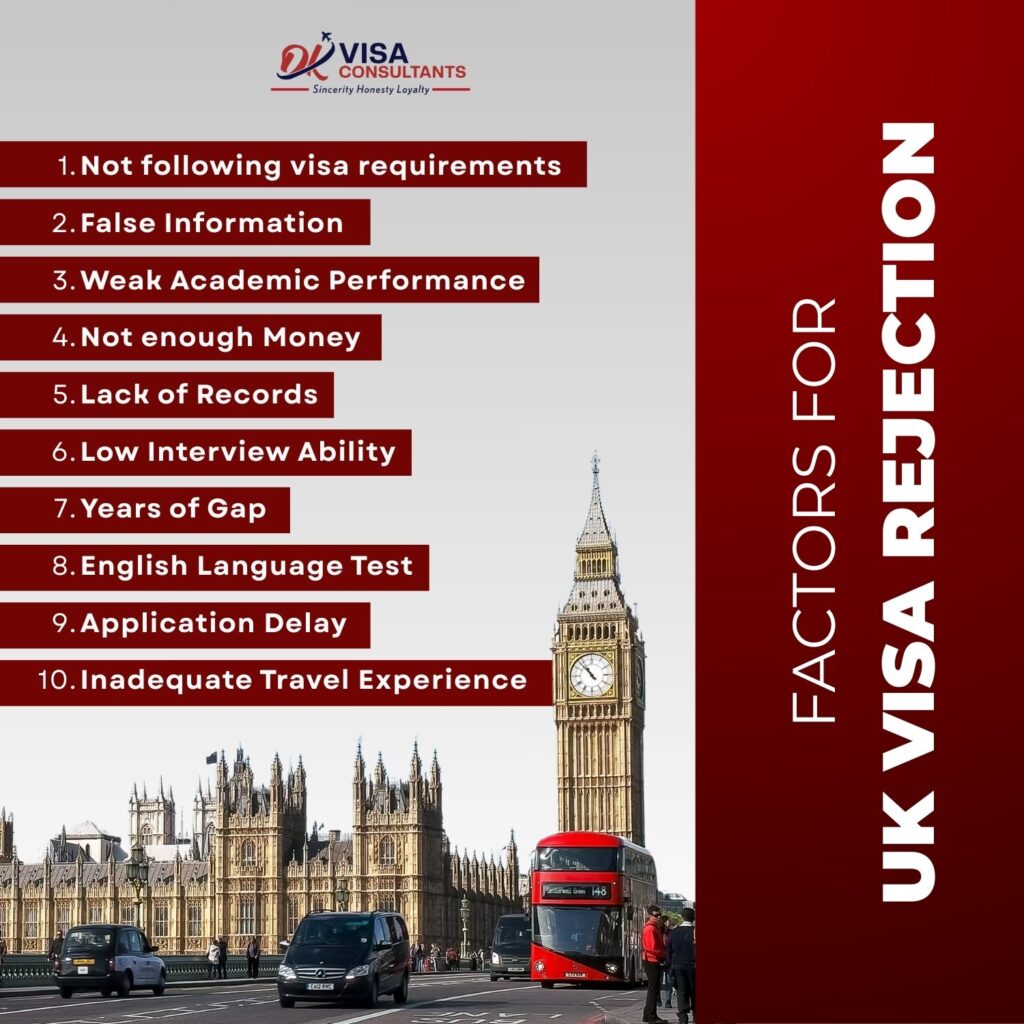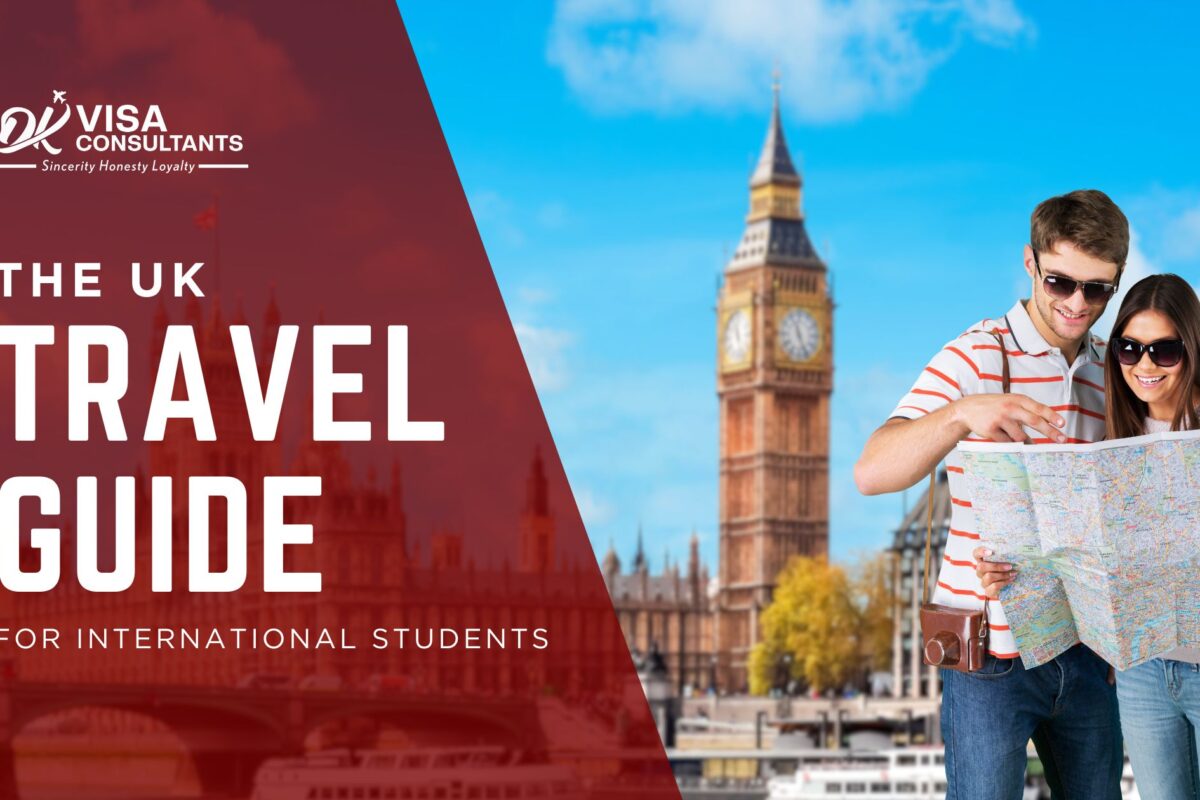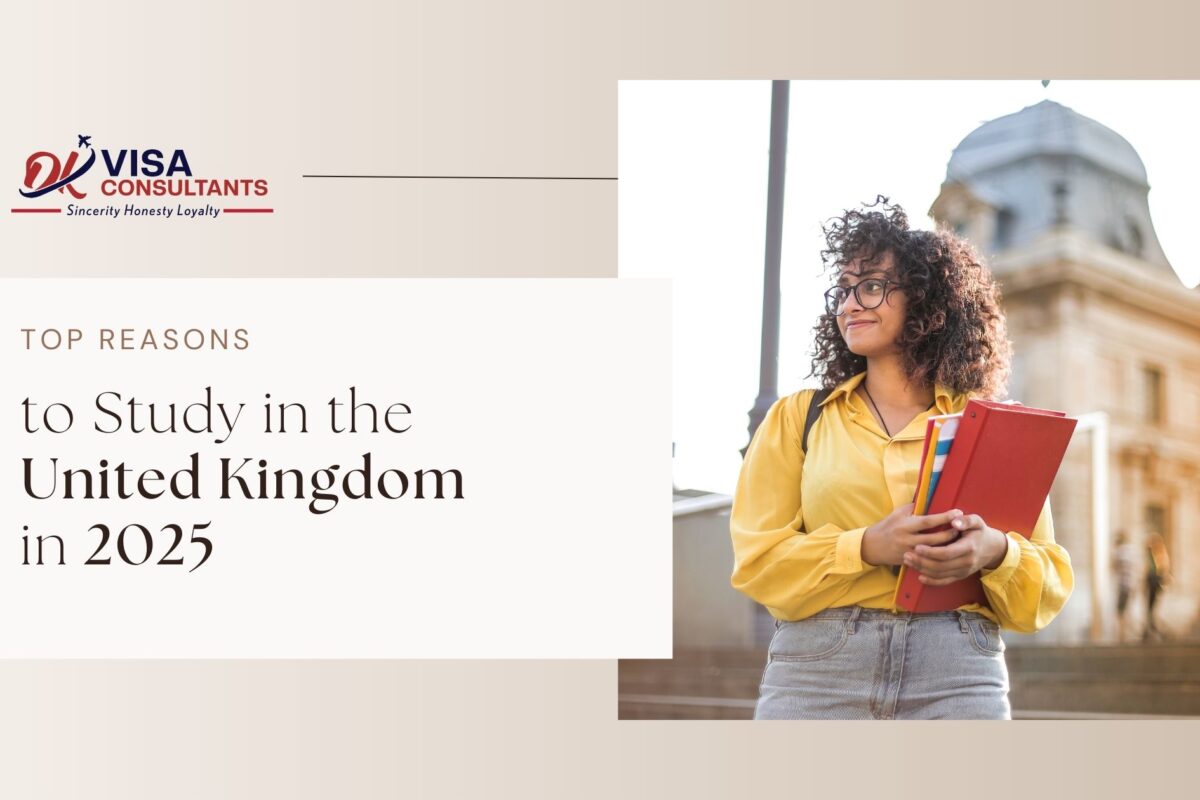By accepting part-time employment, international students in the UK have a great opportunity to earn some additional cash and obtain vital work experience. There are many various kinds of part-time jobs available in the UK that cater to a variety of hobbies and skill sets. There is a career for everyone, from teaching and charitable work to retail and hospitality.
Read the blog to know about the popular part-time jobs in UK that prospective international students ought to think about applying for jobs.
Best Part- Time Jobs in UK:
Here is the list of part-time jobs:

- Real Estate
- Receptionist
- Private Tutoring
- Customer Service Representative
- Library Assistant
- Data Entry
- Food Delivery
- Barista
- Home Care Worker
- Event Planning
- Waiter/Waitress
- Theatre Usher
- Grocery Store Clerk
- Dog Walker
- Warehouse Worker
- Real Estate:

One of the most sought-after part-time jobs in the UK for international students is being a retail assistant. Retail assistants offer product information and advice in addition to assisting consumers in finding the items they need. They help keep the store tidy, supply shelves, and handle payment processing. To accommodate students’ studies, most of retail establishments are open on weekends and late into the night.
- Receptionist:

For overseas students studying in the UK, working as a receptionist is an excellent part-time job opportunity. Greeting and welcoming visitors, taking phone calls, replying to emails, and performing other standard administrative duties are all part of this position. For international students, it’s the perfect employment because it lets them study English language and culture while working in a professional setting. It also offers a fantastic chance to network and engage with individuals from around the globe.
- Private Tutoring:

One excellent method for increasing income and still find time for studies is to become a tutor. The students can search for local chances to teach students privately or in small groups, or they can offer their tutoring services online. They can augment their income and get experience and skills from this employment.
- Customer Service Representative:

Customer service agents play a significant role in the UK economy and are frequently in demand by the retail, hospitality, and other service-oriented sectors. Since it frequently requires flexible hours and no experience, this is an excellent part-time employment for international students. Companies like Amazon, Argos, and Boots also provide competitive pay and the opportunity to gain useful customer service skills.
- Library Assistant:

Applications for library assistant roles are open to international students in UK university and public libraries. In addition to helping customers find materials and books, library assistants are also in charge of shelving and returning books, assisting customers with internet use, and offering customer service.
- Data Entry Clerk:

Another excellent choice for students looking to supplement their income without taking on a full-time job is becoming a data entry clerk. There are several positions available, like data entry clerks, that require no experience and offer flexible hours to accommodate students’ schedules. Businesses like BT and Sky provide competitive pay and the chance to get experience in key office functions like data entry, typing, and filing.
- Food Delivery:

Delivering meals from restaurants to customers’ homes or workplaces is the responsibility of food delivery drivers. For international students, it’s a great career because it requires a lot of flexibility. They are free to work as many hours as they choose and deliver packages in their car. It also offers a chance to leave the house and go about the city.
- Barista:

Baristas provide a distinctive and customized experience for their consumers, placing them at the forefront of the coffee industry. Baristas prepare food items like salads and sandwiches and make coffees and teas for patrons at cafés and restaurants. Because it offers the chance to work in a dynamic and interesting business, this is one of the finest part-time jobs in the UK for international students.
- Home Care Worker:

A home care worker helps the elderly and disabled who live in their own homes by providing them with personal care and assistance. This employment provides an opportunity for overseas students studying in the UK to earn some money while working with various communities and gain vital experience. In the UK, home care providers can find jobs in clinics, nursing homes, hospitals, and other medical facilities.
- Event Planing:

An excellent part-time employment for highly organized people is event planning. The planning, organizing, and management of events, including conferences, parties, weddings, and other get-togethers, will fall under the purview of an event planner. Strong organizational and communication abilities as well as a thorough knowledge of the local market are necessary for this kind of work.
- Waiter/Waitress:

For international students studying in the UK, waitressing or serving customers is an excellent part-time career. Since the work is simple and involves interacting with customers, most restaurants are willing to hire international students. The salary is typically about minimum wage, and the hours are flexible. International students can earn money and obtain invaluable hospitality experience through this career.
- Theatre Usher:

International students have a thrilling and fulfilling opportunity to join the world of theater as theatre ushers. In the UK, there are a lot of theaters and other venues that are constantly in need of ushers to assist with performance supervision and other venue operations. They will experience an amazing show every night and engage with people on a constant basis as an usher.
- Grocery Store Clerk:

Grocery businesses are always on the lookout for motivated staff members to assist with checkouts, stock shelves, and help customers find what they’re looking for. Those who enjoy working with people and are well-organized would be great in this career. It’s an excellent alternative for people on a student visa because the hours are generally flexible.
- Dog Walker:

For international students who enjoy the great outdoors and animals, dog walking is a fantastic part-time career opportunity. Many dog owners look for dependable and trustworthy people to walk their animals. It would be your responsibility as a dog walker to walk dogs on behalf of their owners, cleaning up after the dogs and making sure the environment is kept tidy.
- Warehouse Worker:

In the UK, warehouse workers play a crucial role in the logistics sector by making sure that items are transported effectively and safely from one location to another. International students can apply for a variety of jobs, including packer, stock picker, and forklift operator. Because they will frequently be lifting, carrying, and moving heavy objects, warehouse workers are typically expected to be in high physical condition.
Average Salary for Part-Time Jobs in UK:
Check out the average salary for part-time jobs:
| Jobs | Estimated Salary (Per Hour) |
| Retail Assistant | £9.88/hr. |
| Tutoring | 24.50/hr. £ |
| Receptionist | £8.97/hr. |
| Customer service | 11.13/ hr. £ |
| Library Assistant | £10-15/hr. |
| Data entry | 14.98/hr. £ |
| Food delivery | £ 10.40/hr. |
| Barista | 9.97/hr. £ |
| Home care | £9.42/hr. |
| Event Planning | 14.36/hr.£ |
| Waiter | £12.15/hr |
| Theatre Usher | 10.60/hr. £ |
| Grocery Store Clerk | £8.90/hr. |
| Dog Walker | 12.50/hr.£ |
| Warehouse Worker | £10.00/hr. |
Want to know about Study in UK & part-times jobs in UK ? Visit DK Visa Consultant now and talk with our experts and get your queries resolved.
FAQ
Q1. Which part-time job in the UK are the best for foreign students?
Ans: Retail assistants, receptionists, tutors, baristas, theater ushers, library assistants, data entry clerks, dog walkers, waiters, and warehouse workers are among the top part-time employment available in the UK for overseas students.
Q2. What responsibilities does a receptionist have?
Ans: Greeting and welcoming visitors, taking phone calls, replying to emails, and performing other routine administrative duties are all part of the receptionist job description. It enables foreign students to study English language and culture while working in a professional setting.
Q3.What are the principal duties of an event coordinator?
Ans: The planning, organizing, and management of events, including conferences, parties, weddings, and other get-togethers, will fall under the purview of an event planner.






